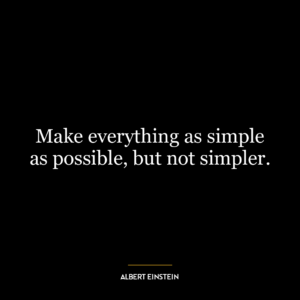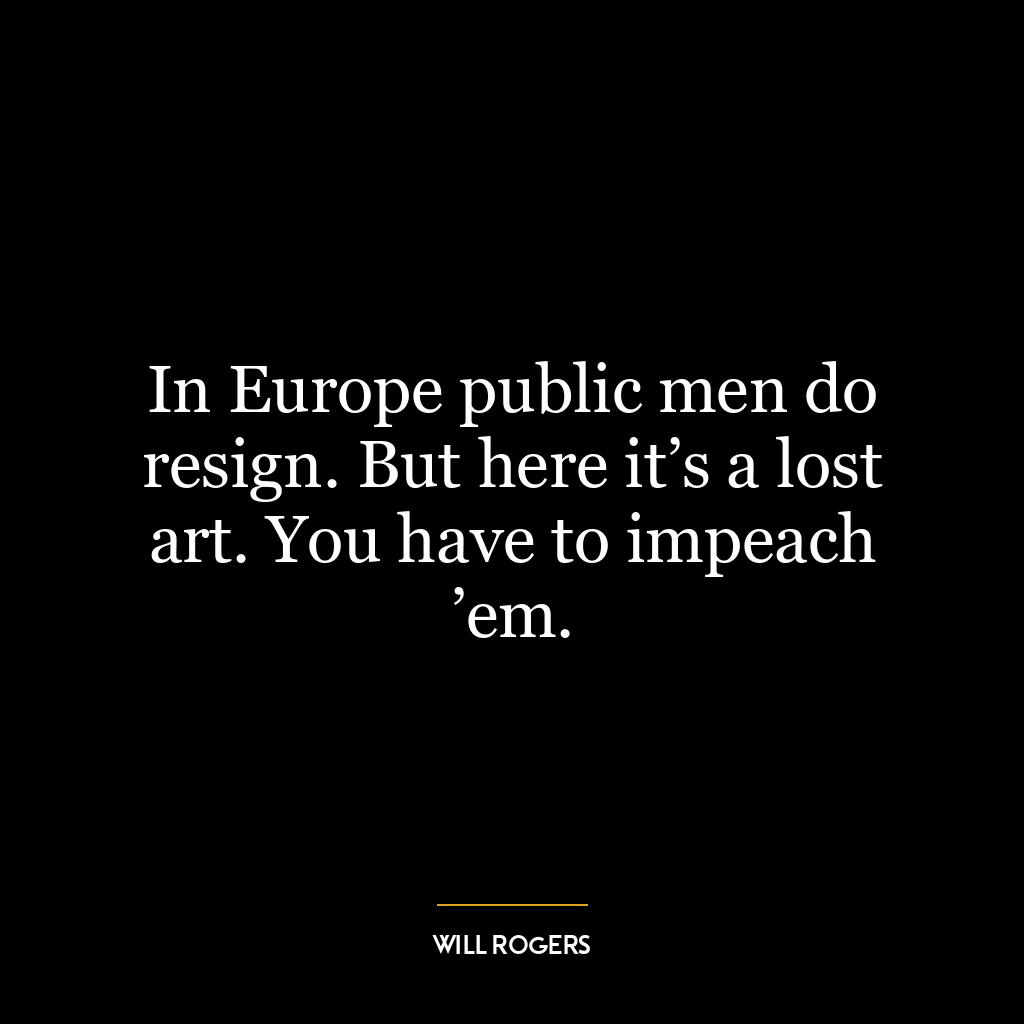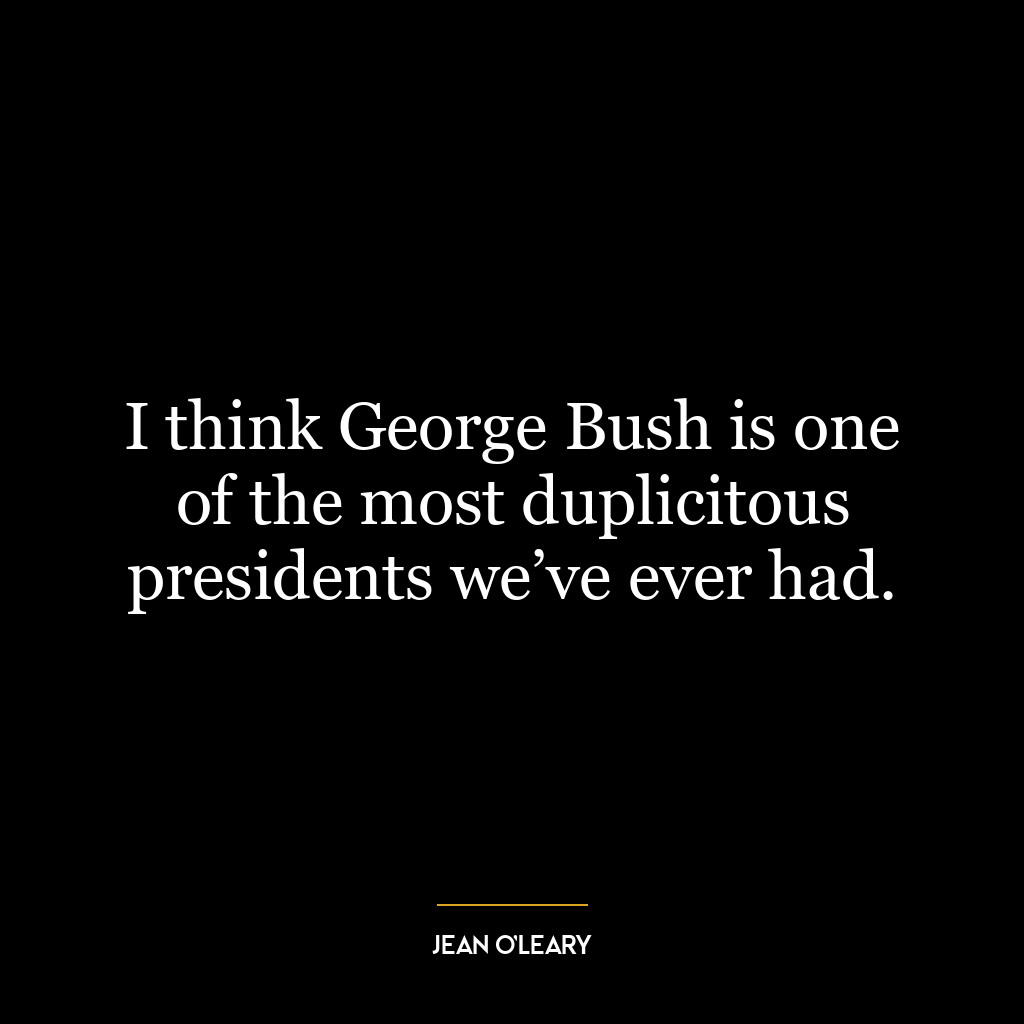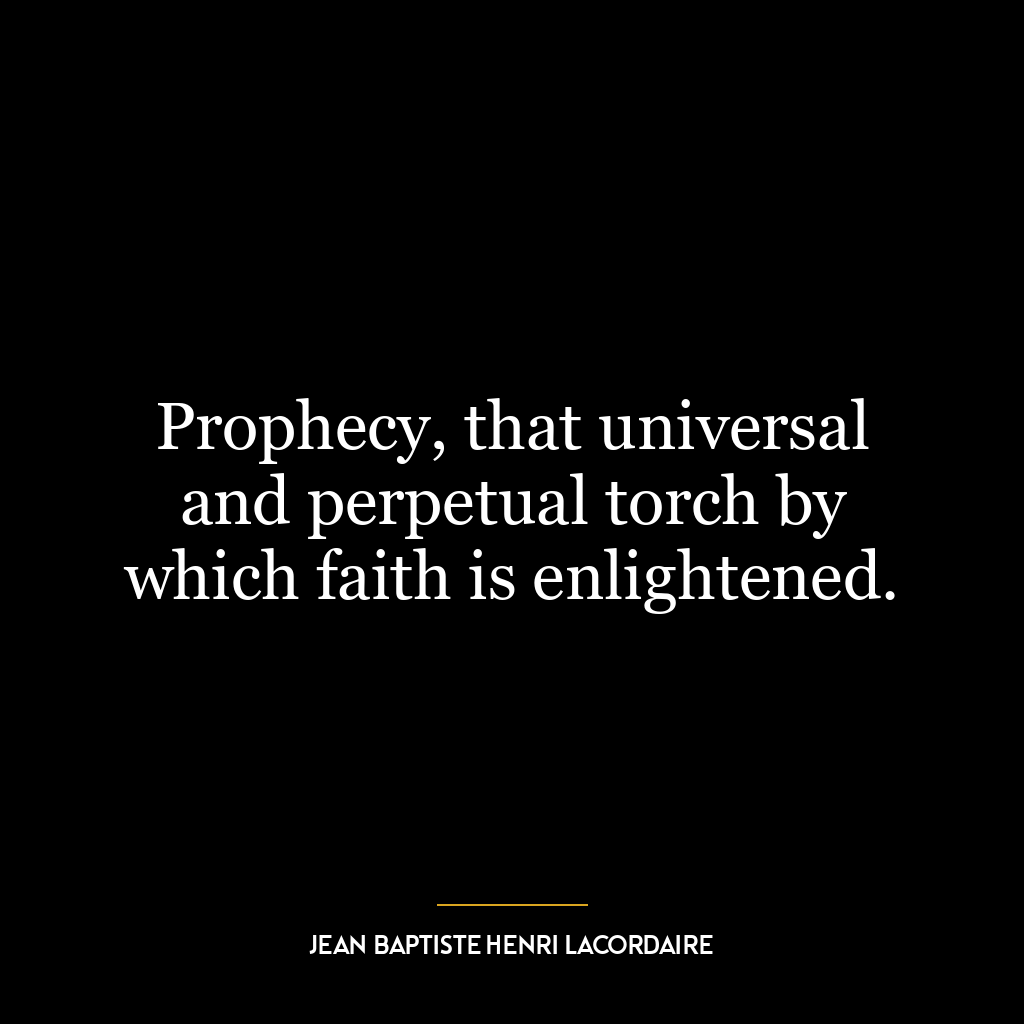Albert Einstein’s quote is a profound endorsement of Mahatma Gandhi’s political philosophy. He considered Gandhi’s views as the most enlightened among all political figures of their era. To be enlightened is to have a deep, insightful understanding of life, often accompanied by a high degree of wisdom and compassion. This suggests that Einstein saw in Gandhi a unique blend of political acumen and spiritual wisdom, which was not common among politicians of their time.
Gandhi’s political views were rooted in the principles of non-violence, truth, and love. He believed in the power of peaceful protests and civil disobedience as means to achieve political and social change. He also advocated for simplicity, self-sufficiency, and communal harmony. These principles made him a transformative figure in India’s struggle for independence and a global icon of peace and justice.
In today’s world, Gandhi’s enlightened views can be applied in various ways. For instance, in the face of political conflicts, leaders can adopt Gandhi’s approach of non-violence and dialogue to resolve issues. Gandhi’s principle of truth can be used to combat the widespread phenomenon of fake news and misinformation. His emphasis on self-sufficiency resonates with the current trends of sustainable living and local sourcing. Furthermore, his belief in communal harmony provides a blueprint for fostering unity in diverse societies.
In terms of personal development, Gandhi’s principles offer valuable lessons. His belief in non-violence teaches us to respond to anger and hatred with love and compassion. His commitment to truth encourages us to be honest and authentic in our lives. His practice of simplicity inspires us to live minimally and value experiences over material possessions. His idea of self-sufficiency motivates us to be self-reliant and resourceful. And his vision of communal harmony teaches us to respect and celebrate diversity. Thus, adopting Gandhi’s enlightened views can lead to personal growth and a more peaceful and harmonious society.













